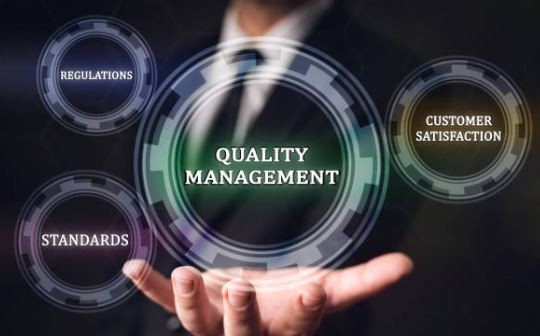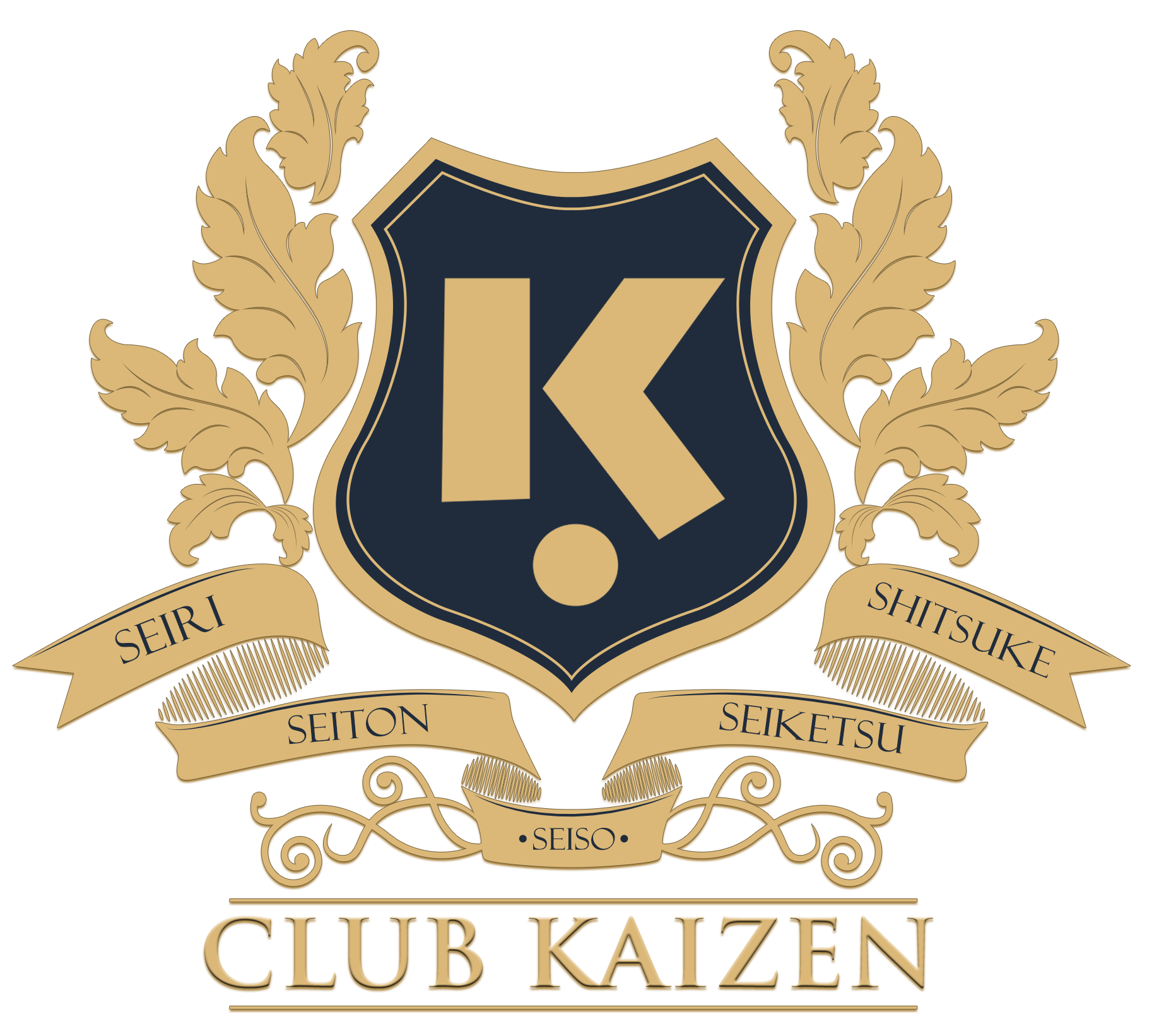Type / to choose a block

A core definition of total quality management (TQM) describes a management approach to long-term success through customer satisfaction. In a TQM effort, all members of an organization participate in improving processes, products, services, and the culture in which they work.
How does TQM benefit operations?
- Reduces defects and waste.
- Improves efficiency and productivity.
- Enhances customer satisfaction.
- Increases employee engagement.
- Boosts profitability.
Primary Elements of TQM:
- Customer-focused: The customer ultimately determines the level of quality.
- Total employee involvement: All employees participate in working toward common goals.
- Process-centered: A fundamental part of TQM is a focus on process thinking.
- Integrated system: Micro-processes add up to larger processes, and all processes aggregate into the business processes required for defining and implementing strategy.
- Strategic and systematic approach: A critical part of the management of quality is the strategic and systematic approach to achieving an organization’s vision, mission, and goals.
- Continual improvement: A large aspect of TQM is continual process improvement.
- Fact-based decision making: To know how well an organization is performing, data on performance measures are necessary.
- Communications: During times of organizational change, as well as part of day-to-day operation, effective communication plays a large part in maintaining morale and in motivating employees at all levels.
How to start your journey of TQM and what are the steps?
- Define Your Quality, i.e, align your entire team around this shared vision.
- Understand your customer’s needs and pain points.
- Equip your employees with the training, resources, and authority to identify and solve problems.
- Track key metrics, analyze trends, and use data-driven insights to identify areas for improvement.
- Acknowledge and reward employee contributions,
Here are some inspiring examples of TQM journey:
- General Electric: Jack Welch’s leadership transformed GE into a TQM champion, leading to significant quality improvements and increased profitability.
- Toyota: Their legendary “lean manufacturing” system, rooted in TQM principles, has made them a global leader in efficiency and quality.
- Amazon: Their focus on customer satisfaction and continuous improvement aligns perfectly with the TQM philosophy.
Before implementing TQM, one should keep in mind the following pointers:
- Organizing and getting things: A lot of planning and time are needed over time to make sure that TQM resources are used correctly.
- Company-wide dedication: In TQM, continuous improvement means that the culture of the company needs to focus on making processes better. Support must come from all ranks of management.
- Extra costs: It’s possible that TQM will raise the prices of training, building, and building up teams.
- Time: It could take years for a business to fully show the results it wants.
- Partially done: Putting TQM into practice takes a lot of work, so even a small step toward it can fail.
Don’t forget that TQM is a process, not a goal. It needs leadership commitment, dedication from all employees, and a culture of always improving. But the benefits are huge: a business that is more effective, efficient, and focused on the customer.
Reference:-
